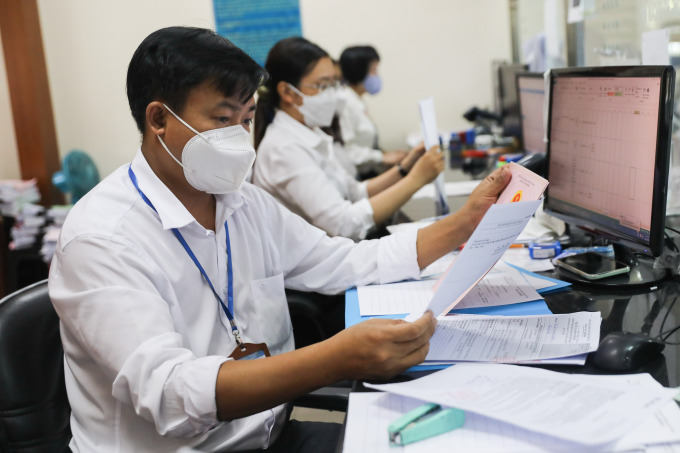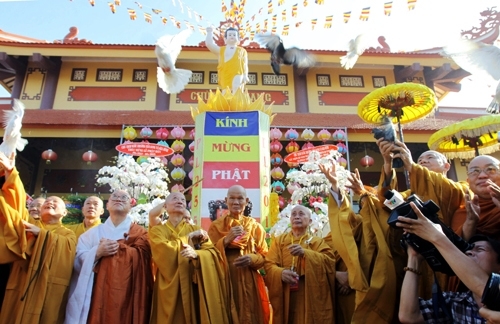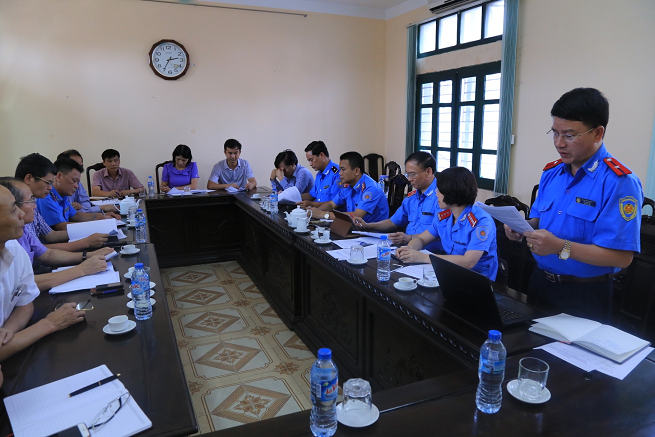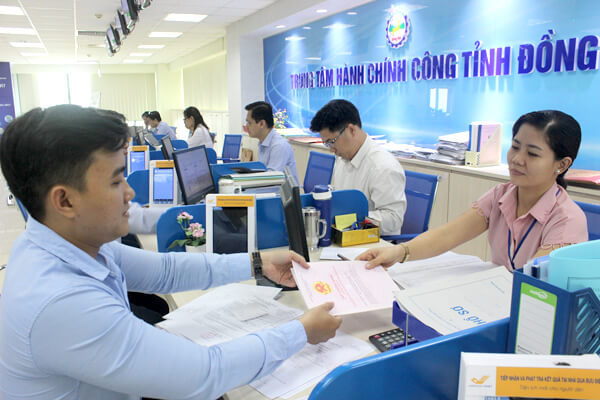What are the rights and obligations of public employees under the Law on Public Employees in Vietnam? - Thuy Tien (Da Nang, Vietnam)

Summary of rights and obligations of public employees under the Law on Public Employees in Vietnam (Internet image)
1. Who are public employees?
According to Article 2 of the Law on Public Employees 2010 (amended in 2019), public employees are Vietnamese citizens recruited according to working positions, working in public non-business units under working contracts and salaried from salary funds of public non-business units in accordance with law.
2. Rights of public employees in Vietnam
* Rights of public employees in professional activities
- To he protected by law when performing professional activities.
- To be trained and retrained in order to raise their political, specialized and professional qualifications.
- To be provided with working equipment and working conditions.
- To be provided with information about their assigned work or tasks.
- To decide on professional matters related to their assigned work or tasks.
- To decline to perform work or tasks that is/are contrary to law.
- Other rights related to professional activities as provided by law.
* Rights of public employees to salaries and salary-related regimes
- To be paid with salaries matching working positions, professional titles, managerial posts and results of work or task performance; to enjoy allowances and preferential policies when working in mountainous, border, island, deep-lying, remote and ethnic minority areas and areas with extremely difficult socio-economic conditions or in hazardous and dangerous sectors or occupations or special non-business fields.
- To enjoy overtime and night work pays, working trip allowances and other benefits according to law and regulations of public non-business units.
- To enjoy monetary rewards and be considered for salary raise under law and regulations of public non-business units.
* Rights of public employees to rest
-. To take annual leaves, holidays and leaves for personal reasons under the labor law. Public employees who do not use any or all of prescribed annual leave days due to work requirements are entitled to a sum of money for those days on which they work.
- Public employees working in mountainous, border, island, deep-lying and remote areas and in other special cases may take leave days of 2 years at a time if they so wish. If wishing to take leave days of 3 years at a time, they shall obtain consent of the heads of their public non-business units.
- For special non-business fields, public employees may take paid leaves as provided by law.
- To lake unpaid leaves for plausible reasons and after obtaining consent of the heads of their public non-business units.
* Rights of public employees to do business and work outside prescribed hours
- To carry out professional activities after working hours stated in working contracts, unless otherwise provided for by law.
- To sign with agencies, organizations and units other than their employing public non-business units piecework contracts which are not banned by law, provided that they accomplish their assigned tasks and obtain consent of the heads of their public non-business units.
- To contribute capital to but be disallowed to participate in managing and administering limited liability companies, joint-stock companies, partnerships, cooperatives, and private hospitals, schools or scientific research institutions, unless otherwise provided for by law.
* Other rights of public employees
Public employees are entitled to commendation, reward and respect; to participate in economic and social activities: to enjoy incentive housing policies and to be provided with conditions for studying and carrying out professional activities at home and abroad under law. If getting injured or dying while performing assigned work or tasks, they shall be considered for enjoying policies applicable to war invalids or being recognized as fallen heroes under law.
(Section 1 Chapter II of the Law on Public Employees 2010 (amended in 2019))
3. Obligations of the public employees in Vietnam
* General obligations of public employees
- To observe the line and policies of the Communist Patty of Vietnam and the laws of the Stale
- To adopt health lifestyles, to be honest, industrious, thrifty, incorruptible, upright, public-spirited and selfless.
- To have a sense of organizational discipline and responsibility in professional activities.; to strictly comply with working regulations and rules of public non-business units.
- To protect state secrets; to preserve and protect public assets, and effectively and thriftily use assigned assets.
- To self-improve and self-train in professional ethics and code of conduct of public employees.
* Obligations of public employees in professional activities
- To perform assigned work and tasks to meet time and quality requirements.
- To properly collaborate with colleagues in performing their work or tasks.
- To abide by work assignments of competent persons.
- To constantly leant to improve their professional qualifications and skills.
- When serving the people, to observe the following regulations:
= To be polite and respectful toward the people;
= To have a sense of cooperation and adopt modest manners;
= To refrain from being imperious and authoritarian and harassing the people;
= To observe rules on professional ethics.
- To carry out professional activities.
- Other obligations as provided by law.
* Obligations of managerial public employees
Managerial public employees shall perform the obligations specified in Articles 16 and 17 of Law on Public Employees 2010 (amended in 2019) and the following obligations:
- To direct and organize the performance of tasks of their units according to assigned responsibilities and competence;
- To exercise democracy and preserve unity and professional ethics in units they are assigned to manage;
- To take responsibility or joint responsibility for professional activities carried out by public employees under their management;
- To build and develop human resources; to manage and effectively use physical facilities and financing sources in units they are assigned to manage;
- To organize the implementation of measures to prevent and combat corruption and practice thrift and combat wastefulness in units they arc assigned to manage.
* Prohibitions on public employees
- Shirking responsibility or refusing to discharge assigned work or tasks; sowing factionalism and disunity: quitting jobs arbitrarily: going on strike.
- Illegally using assets of agencies, organizations, units and the people in contravention of law.
- Discriminating in any form against nationality, gender, social strata, beliefs and religions.
- Taking advantage of professional activities to conduct propaganda against the line and policies of the Party and the laws of the State or to the detriment of the fine traditions and customs and cultural and spiritual life of the people and society.
- Hurting the honor, dignity and prestige of others when carrying out professional activities.
- Other prohibitions as provided by the Law Against Corruption, the Law on Thrift Practice and Wastefulness Combat and other relevant laws.
(Section 2 Chapter II of the Law on Public Employees 2010 (amended in 2019))
Thanh Rin
- Key word:
- public employee in Vietnam
 Article table of contents
Article table of contents
![[InfoGraphic] 6 forms of discipline for officials and public employees under Decree 71/2016/ND-CP](https://cdn.lawnet.vn//uploads/NewsThumbnail/2016/07/12/1319291-01.png)









.Medium.png)
.Medium.png)
.Medium.png)
.Medium.png)
